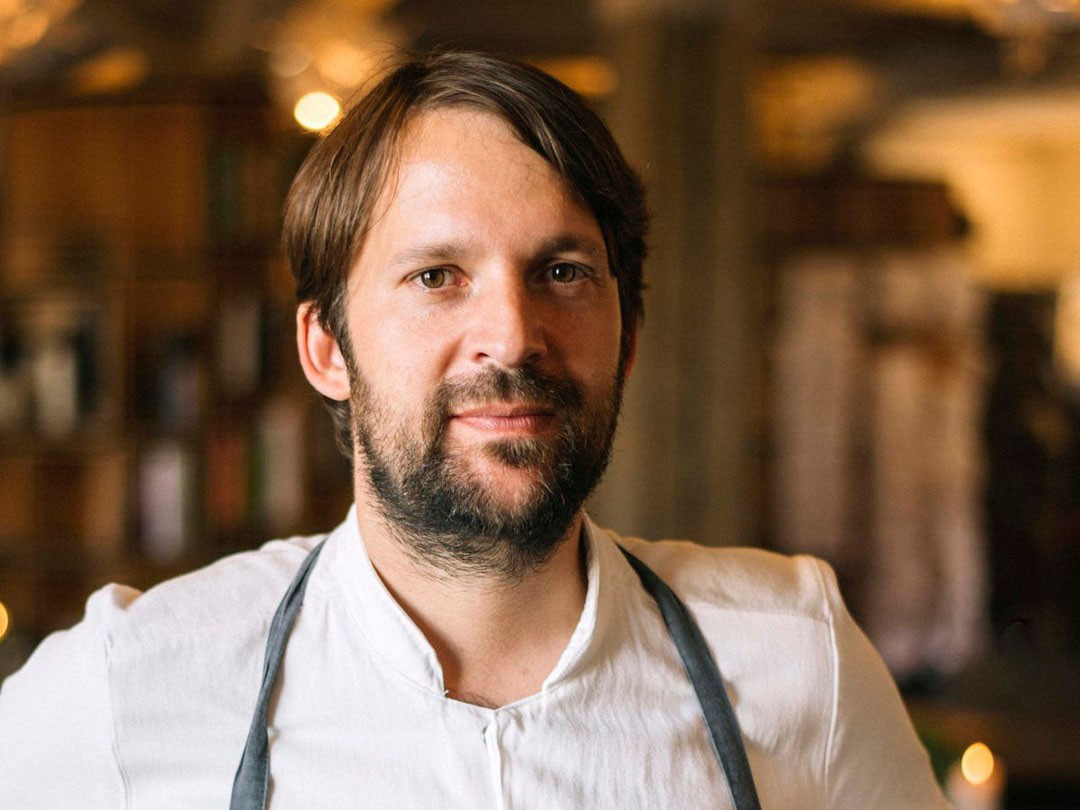Noma, ‘The World’s Best Restaurant’ Closing Down, Says Expensive Business Model ‘Unsustainable’

Noma, the world renowned fine dining restaurant, has shaken up culinary conversations with the recent announcement that it will be closing for regular service next year.
Since 2003, acclaimed chef René Redzepi has spearheaded a Danish gastronomy-revolution dubbed ‘New Nordic’. From a ragout of deer meat served atop a bed of carefully arranged autumn leaves to a honeycomb with caramelized chocolate presented in a picture frame, Noma constantly subverts fine dining expectations. Redzepi’s unabashed approach to exploring the edges of Danish cuisine has led Noma to three Michelin stars and a spot on the World’s 50 Best Restaurants five times.

Unfortunately, underneath the success lies a history of widely publicized workplace abuse. To create the dishes Noma has become famous for requires long hours. Workers are held to strict standards and grueling 16-hour days that are even sometimes unpaid.
Former intern Namrata Hegde recounts her time at Noma in 2017. Attracted to its reputation as the best restaurant in the world, Hegde relocated to Copenhagen, covering her own expenses. During her three month unpaid internship, she was given the sole task of producing a “beetle” made of fruit leathers. She was also told to remain silent and prohibited from laughing.
“I thought an internship was about me learning, as well about contributing to Noma’s success,” she said. “I don’t believe that kind of toxic work environment is necessary.”

A spokeswoman from Noma said that repetitive tasks are expected of all restaurant workers, and that Ms. Hegde’s account “does not reflect our workplace or the experience we wish for our interns or anyone on our team.” In interviews between 2008 to 2021, dozens of workers have criticized Noma’s working conditions. Aware of its negative reputation, Redzepi has responded in length over the years, admitting to verbally and physically bullying his staff and working towards being better.
Speaking with the New York Times, he shared his plans to shift the Noma business model. He believes changing from the traditional “production line” approach of fine dining to a test kitchen-concept dedicated to exploring new projects is more sustainable.
“It’s unsustainable,” he said of the modern fine-dining model that he helped create. “Financially and emotionally, as an employer and as a human being, it just doesn’t work.”
The timely announcement also comes on the heels of increased scrutiny towards fine dining establishments. Social media has allowed many young chefs to share their experiences working in abusive conditions. Adding gas to the plot are recent films like “The Menu” and “Boiling Point,” along with the popular TV show “The Bear,” all of which revolve around the harrowing state of fine dining kitchens.

Redzepi has long acknowledged the challenges of maintaining Noma’s high standards, while fairly compensating nearly 100 workers. He believes the shift will create a better work environment. Over the past decade, he’s also been very open about his desire to grow as a person: Pursuing therapy, coaching, and walking meditation.
The problem, which permeates throughout the fine dining world, will not be addressed by approaching things the same way. “I have been offered countless blank checks in Qatar. It doesn’t entice me,” Redzepi expressed.
As a professional cook since the age of 15, Redzepi has wanted to shift away from a “production line” for a long time. Redefining culinary expectation has always been at the forefront of Noma, and he hopes these changes will not only continue that pursuit, but also make the experience enjoyable.
“I hope we can prove to the world that you can grow old and be creative and have fun in the industry,” he said. “Instead of hard, grueling, low-paid work under poor management conditions that wears people out.”






















